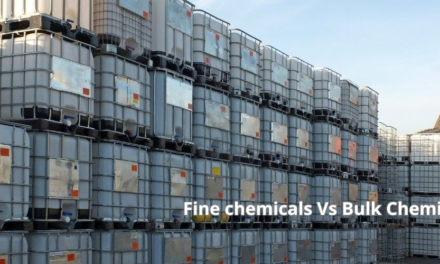Geopolitics and trade tariffs significantly influence the basic chemical sector due to its reliance on global supply chains, raw material access, and international markets. Here’s a breakdown of their roles:
1. Supply Chain Disruptions
- Geopolitical conflicts or trade restrictions can disrupt the supply of essential raw materials like crude oil, natural gas, and minerals, leading to price volatility and production delays.
2. Tariff Imposition
- Trade tariffs on chemical imports or exports increase costs for manufacturers, potentially reducing competitiveness and profit margins.
- Companies may face higher costs for imported raw materials, directly impacting product pricing.
3. Market Access
- Trade agreements and geopolitical relationships determine access to key markets. Strained relations can lead to restricted market entry or loss of export opportunities.
4. Energy Prices
- The chemical industry is energy-intensive and heavily influenced by geopolitical factors that affect oil and natural gas prices, such as OPEC decisions or regional conflicts.
5. Regulatory Divergence
- Geopolitical tensions can lead to divergent regulatory standards, requiring companies to adapt their products to different markets, increasing compliance costs.
6. Shift in Production Hubs
- Tariffs or sanctions can drive companies to relocate production facilities to countries with favorable trade agreements or lower costs, altering global chemical production landscapes.
7. Trade Wars
- Trade wars between major economies, such as the U.S. and China, can lead to retaliatory tariffs, impacting the global flow of basic chemicals and increasing uncertainty.
8. Investment and Partnerships
- Geopolitical stability attracts foreign investment and fosters joint ventures in chemical manufacturing, while instability deters such collaborations.
9. Strategic Stockpiling
- Uncertainty due to geopolitical issues or tariffs encourages companies to stockpile raw materials, increasing inventory costs.
10. Regional Self-Sufficiency
- Countries may invest in domestic chemical production to reduce reliance on imports, reshaping global trade patterns and intensifying regional competition.










